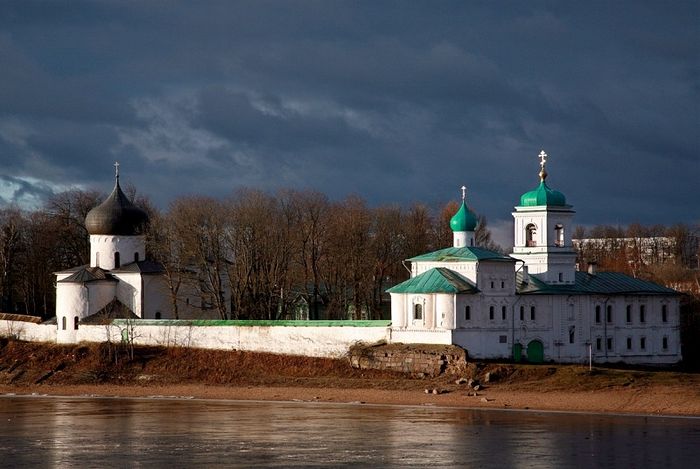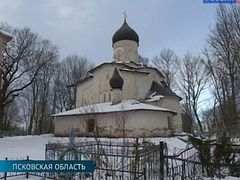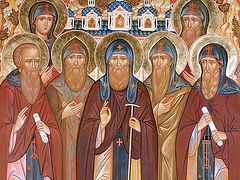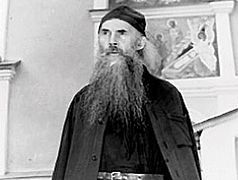Pskov, August 17, 2018
The Russian government has announced its intentions to take on the task of protecting two ancient Pskov monasteries from flooding, reports Interfax-Religion.
The two oldest monasteries of the Pskov Province, the Holy Transfiguration-Mirozhsky Monastery and the Nativity of the Theotokos-Snetogorsk Monastery, are considered national treasures, and their preservation a matter of cultural heritage.
“The ensembles of these twelfth and thirteenth-century monasteries are of historical value not only for the Pskov Province, but for the whole country. The question of their preservation is one of preserving cultural heritage,” Deputy Prime Minister Alexei Gordeev stated at a recent meeting in Moscow.
As Gordeev explained, there have been previous unsuccessful attempts at solving the problem, serving as a good example “how not to work,” thus the issue has been raised to the level of the federal government.
With regard to the Mirozhsky Monastery, it has been decided to work out a technical solution to protect the architectural monument from the negative effect of flood waters. It was also decided to register the unfinished coastal protection structure of the Snetogorsk Moastery, which was suspended in 2010, as the property of the Pskov Province.
The 12th-century Transfiguration-Mirozhsky Monastery is known as having the most preserved pre-Mongol frescoes in Russia, in its cathedral church.
The Nativity of the Theotokos-Snetogorsk Monastery dates to the 13th century. The frescoes preserved in it are the only surviving example of ancient Russian monumental painting from the first half of the 14th century and a vivid example of the Pskov art school.
Follow us on Facebook!





